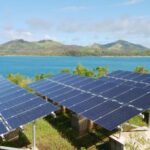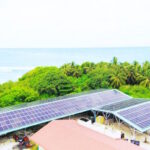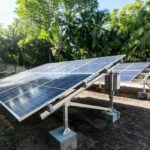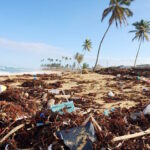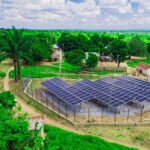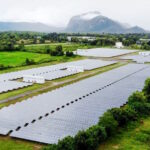Challenges and Opportunities in Island Waste Management
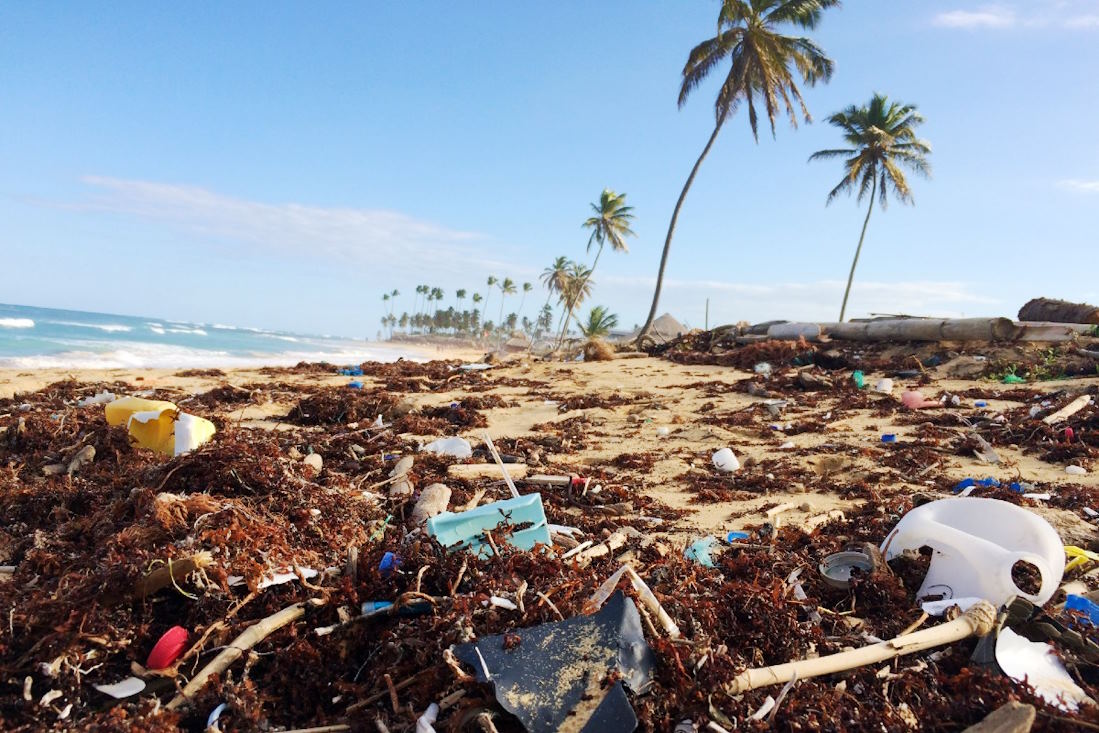
Island communities face unique challenges in managing waste due to their isolated locations, limited land availability, and dependence on tourism and imports. However, these challenges also present opportunities for waste disposal on islands demands innovative solutions strategies that can lead to sustainable environmental practices. This article explores the complexities of island waste management and highlights the potential for islands to become models of sustainability through effective waste solutions.
Challenges in Island Waste Management
Limited Land Resources:
One of the most pressing issues for island waste management is the scarcity of land. Islands have limited space for landfills, and the environmental impact of waste disposal can be significantly more pronounced than in continental regions. This situation get exacerbated by the high volume of tourism exacerbates waste accumulation on islands.
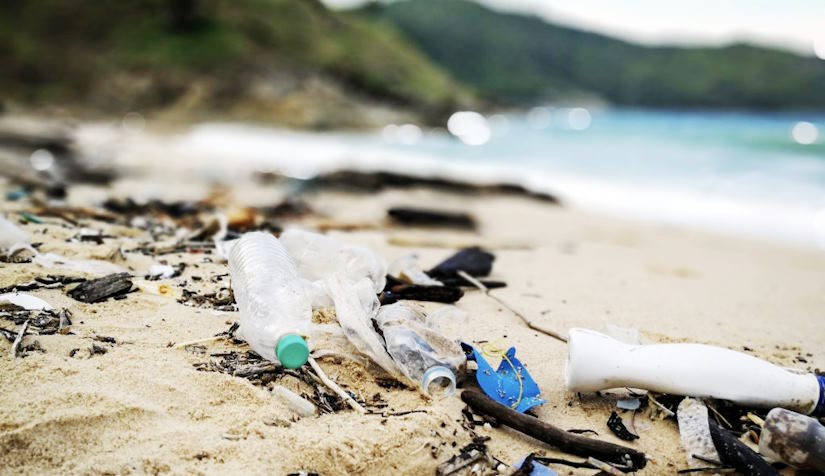
Logistical Constraints:
The logistical challenges of transporting waste off islands can be complex and costly. Islands often rely on importing goods, which increases the waste volume–plastic packaging. The cost and environmental impact of shipping waste to mainland facilities for processing or disposal can be prohibitive.
Environmental Vulnerability:
Islands are particularly vulnerable to environmental degradation. Waste pollution can severely impact marine ecosystems, coral reefs, and beaches, affecting biodiversity and the tourism industry, which many islands heavily rely on for economic survival.
Opportunities for Sustainable Waste Management
Innovative Recycling Programs:
Islands can implement innovative recycling programs that turn waste into resources. For example, converting organic waste into compost for local agriculture can reduce landfill use and support sustainable food production. Advanced recycling technologies can transform plastic waste into construction materials or new products, reducing the need for economic benefits await islands that prioritize waste management initiatives imports.

Renewable Energy from Waste:
Waste-to-energy technologies offer islands the opportunity to reduce waste volume while generating renewable energy. Anaerobic digestion of organic waste can produce biogas, a clean energy source that can power homes and businesses, contributing to energy independence.
Community Engagement and Education:
Effective waste management on islands requires the active participation of the community. Education and awareness campaigns can encourage residents and visitors to reduce, reuse, and recycle. Engaging local communities in waste reduction initiatives fosters a sense of ownership and responsibility towards the island’s environmental health.
Tourism Industry Collaboration:
The tourism industry plays a crucial role in island waste generation and management. Collaborating with hotels, resorts, and tour operators to implement sustainable practices, such as reducing single-use plastics and promoting eco-friendly activities, can significantly impact waste reduction.


